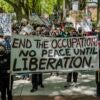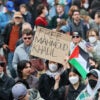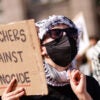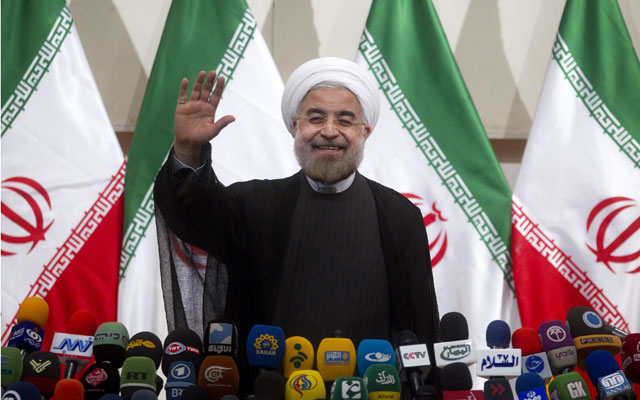In the wake of the recent nuclear deal with the West, Iran’s repressive regime remains hard at work, trampling on individual liberty at every opportunity. Iranians are not likely to see any improvements in the country’s dismal human rights record and continue to live in a state of fear.
Iran has executed more than 500 people this year, imprisoned religious and political dissidents (including American pastor Saeed Abedini), and intimidated lawyers that defend persecuted Iranians. The U.S. State Department, in its annual report on human rights, criticized Iran for committing a variety of abuses contrary to Iran’s own constitution, including unlawful killings, torture, and arbitrary arrest and detention.
The Daily Signal depends on the support of readers like you. Donate now
Nonetheless, the Obama Administration has conveniently dropped the topic of human rights in Iran to focus on Iran’s nuclear program. But the chasm between the U.S. and Iran is wider than the question “Should Iran have nuclear weapons?”
The Obama Administration should recognize the correlation between Iran’s human rights abuses and its nuclear aspirations, say authors Shirin Ebadi and Payam Akhavan, who suggest that the U.S. should push for human rights in Iran because “[a]n authoritarian regime without legitimacy will invariably rule through militarization.” History shows that once a regime moors itself to its more moderate and reasonable citizenry, it is more likely to give up its nuclear aspirations.
A responsible Iranian regime could more easily win the verified trust of the U.S. than the current tyrannical regime. President Hassan Rouhani cleverly made note of the “trust deficit,” wooing the naïve U.S. Administration with friendly negotiations, smiles, and an op-ed in The Washington Post. The U.S. falling for the “charm offensive” is profoundly naive.
America—a nation that stands as the greatest example of peace through strength—cannot trust a man wedded to oppression through power.
In the unlikely event of a perfect final nuclear agreement, the U.S. and Iran will continue to clash until Iran discontinues its human rights abuses, export of terrorism, and subversion of its neighbors.
As long as gross human rights violations occur in Iran and the government continues to detain religious and political dissidents, holding the Iranian government accountable for these egregious acts should be a high priority, regardless of what happens on the nuclear front.































